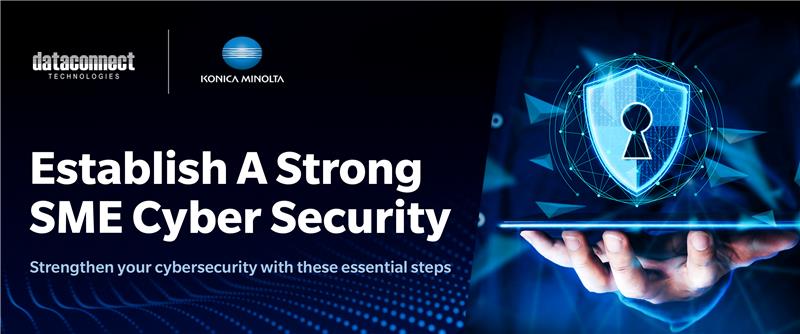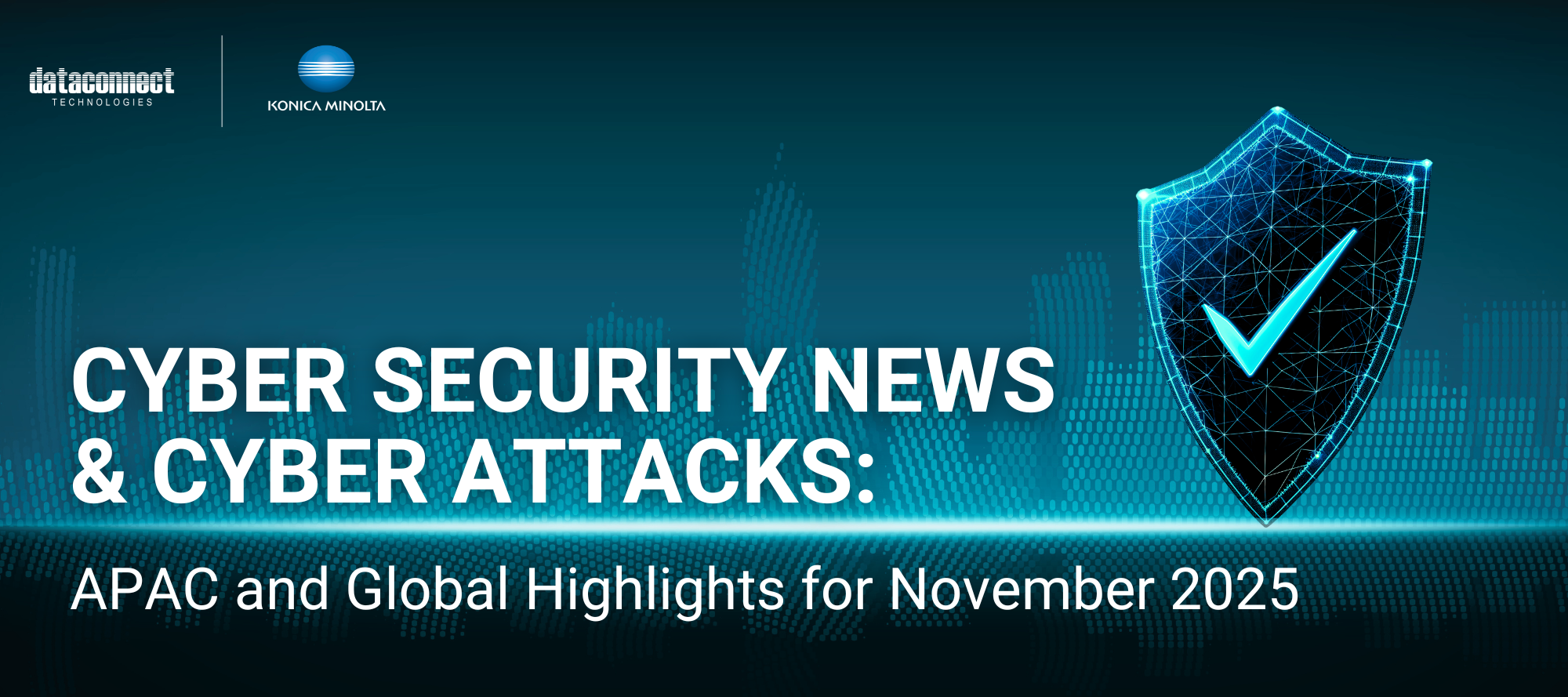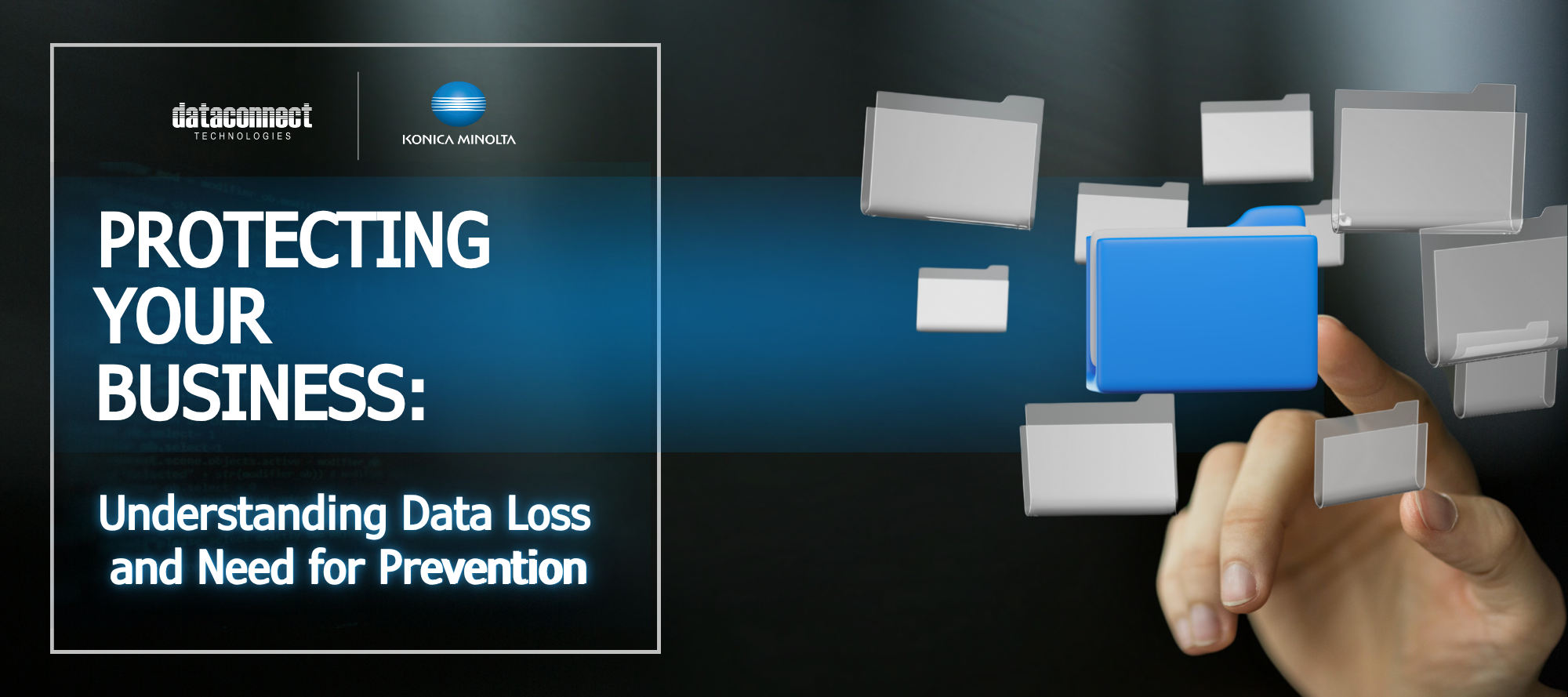Protecting your SME from cyber threats is crucial. A strong cybersecurity policy shields your business from financial loss, reputational damage, and legal issues, while fostering a security-conscious culture.
Implementing a password policy can improve your cybersecurity posture and protect against data breaches. A password policy helps to enforce strong passwords that are difficult for attackers to guess or crack. This policy requires a minimum length or complexity and regular password changes.
This policy requires a minimum length or complexity and regular password changes.
Also, policies can prevent users from reusing old passwords or using easily guessable information like birth dates or common words. These measures make it much more difficult for hackers to access user accounts through brute force attacks or other methods.
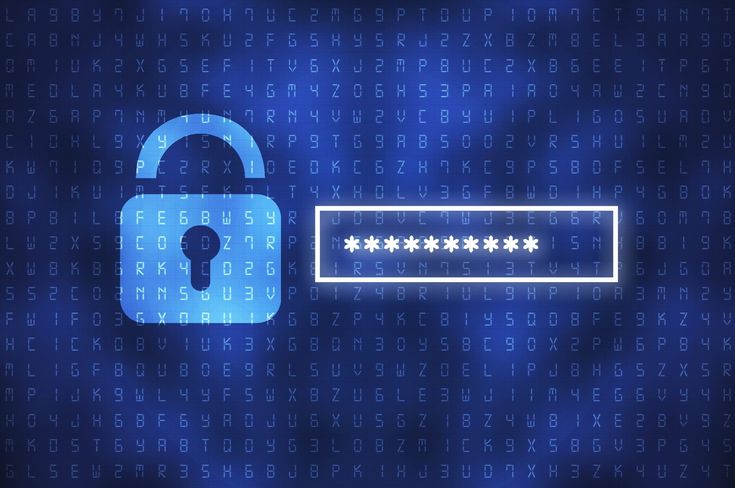

In today’s digital world hackers are everywhere, so using different passwords for each of your account is required.
But using password managers will help you prevent all that and more. With it, you can create and store unique passwords for each account in one place and access them from anywhere and on any device.
Password Managers

Multi-Factor Authentication

Regular Changes

Avoid Common Words

Prohibit Reuse

Minimum Length and Complexity
Setting up multi-factor authentication reduces the risk of fraud and identity theft. By requiring multiple forms of identification, businesses can verify the identity of their users more effectively and prevent fraudulent activities such as phishing attacks, password theft and social engineering scams. MFA nowadays typically asks for OTPs (one-time passwords) or biometrics (face id, fingerprint).
Running security awareness training, employees can be a security risk.
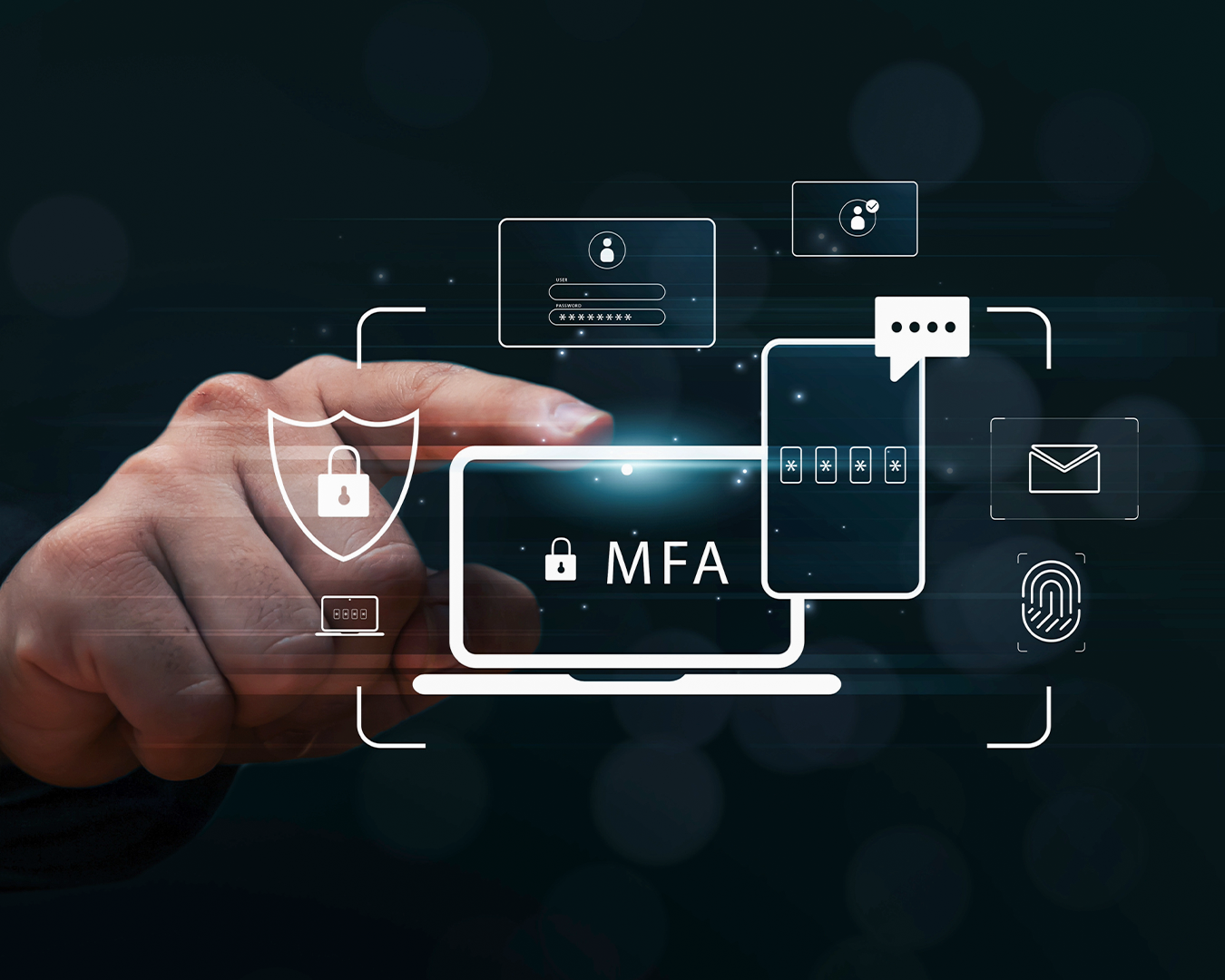

They’re usually the target of fraudulent emails and calls asking for confidential information, clicking on a link, or downloading a malicious file. These materials are so convincing that anyone without enough security awareness training can fall for them. To avoid that vulnerability, you will have to enforce security awareness training to your employees. Increasing security awareness can significantly improve cyber security posture. This training will teach your employees how to identify
threats such as phishing emails, suspicious website links, this show employees that their safety and well-being are a priority for the company.
Creating backups of your data is essential in mitigating risks. With so much of our personal and professional lives stored electronically. Backup is a copy of your data used to restore your files, presuming something goes wrong with the original.

It will help you recover from data loss due to computer failures, accidental deletions, or cyber-attacks. Also, it improves your cyber security posture by providing an extra layer of protection against ransomware attacks and malware that can lock down or destroy your files.
So, to prevent that, ensure that you back up your data to their latest versions, create multiple copies to your local server, cloud storage, and physical storage.



The more we connect our devices to the internet, the more we need to use a Virtual Private Network (VPN), it’s a tool that allows you to connect securely and privately to the internet. It encrypts your online traffic and protects it from cybercriminals. It will mask you’re IP so your online activity is untraceable to your device or location.
With anti-virus software it helps prevent phishing scams and other online frauds in real-time, it works by scanning your computer and emails with links and attachments for malicious code that could harm your system will identify and remove threats before they can cause significant damage. With this tool you can rest assured that you are safe from potential threats lurking in cyberspace.
By implementing firewalls into your cyber security, you are effectively protecting your systems from incoming cyberattacks. Firewalls help block malicious code or harmful data at the entry point, keeping your systems safe from harm.

There can be many vulnerabilities hiding in your systems.
The question is, who will find it first? You or Hackers?
As your business continues to rely on technology and digital resources, making cybersecurity is a top priority, and one of the ways to do that is to run regular vulnerability audits.
Lastly, your company devices and accounts contain tons of sensitive information ranging from login credentials to business documents. It is also essential to include a clear policy on how your employees should secure your company devices and accounts.
Don’t wait for a breach to happen. Strengthen your cybersecurity with these essential steps. Protect your business today!


